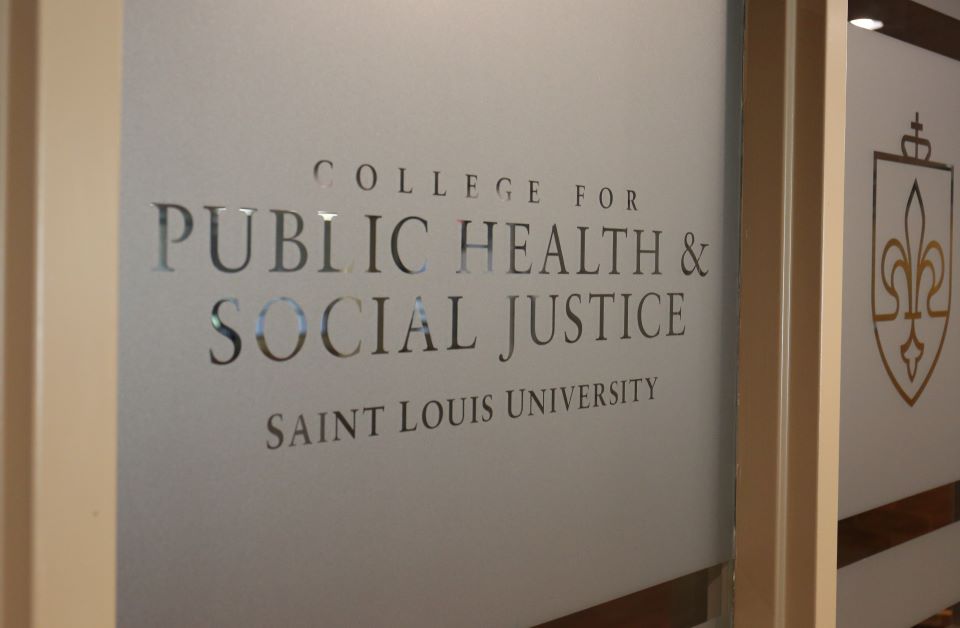SLU’s College for Public Health and Social Justice Will Host a Technical Forum to Explain the Science Behind Radioactive Substances Reported at Jana Elementary School
Jacob Born
Communications Specialist
jacob.born@slu.edu
314-977-8017
Reserved for members of the media.
ST. LOUIS – On April 26, Saint Louis University’s College for Public Health and Social Justice will host a technical forum to explain the science behind recent reports of radioactive substances at Jana Elementary School in Hazelwood, Mo.
Beginning last summer, several investigations of radioactive substances have taken place at Jana Elementary. These investigations have resulted in conflicting views of whether the school has radioactive substances that could be harmful.
Lee Sobotka, Ph.D., professor of chemistry and physics at Washington University in St. Louis and Roger D. Lewis, Ph.D., professor emeritus of environmental and occupational health at Saint Louis University, will moderate the forum. The U.S. Army Corps of Engineers will provide an overview of their investigation. Data from other investigations of this site will also be presented.
The event is sponsored by the St. Louis American Industrial Hygiene Association, the Greater St. Louis Chapter of the Health Physics Society and the Center for Environmental Education and Training at Saint Louis University's College for Public Health and Social Justice.
Though the forum is designed for technicians who work in environmental remediation efforts, the event is open to the public, and anyone who is interested in exploring the science behind the recent investigations is welcome to attend.
Registration is required and can be completed here.
What: Technical forum on radiation reports at Jana Elementary School
When: 8 a.m. to 12 p.m. on April 26
Where: Salus Center auditorium, 3545 Lafayette Avenue, St. Louis, MO 63104
Saint Louis University College for Public Health and Social Justice
The Saint Louis University College for Public Health and Social Justice is the only academic unit of its kind, studying social, environmental and physical influences that together determine the health and well-being of people and communities. It also is the only accredited school or college of public health among nearly 250 Catholic institutions of higher education in the United States. Guided by a mission of social justice and focus on finding innovative and collaborative solutions for complex health problems, the College offers nationally recognized programs in public health.


















